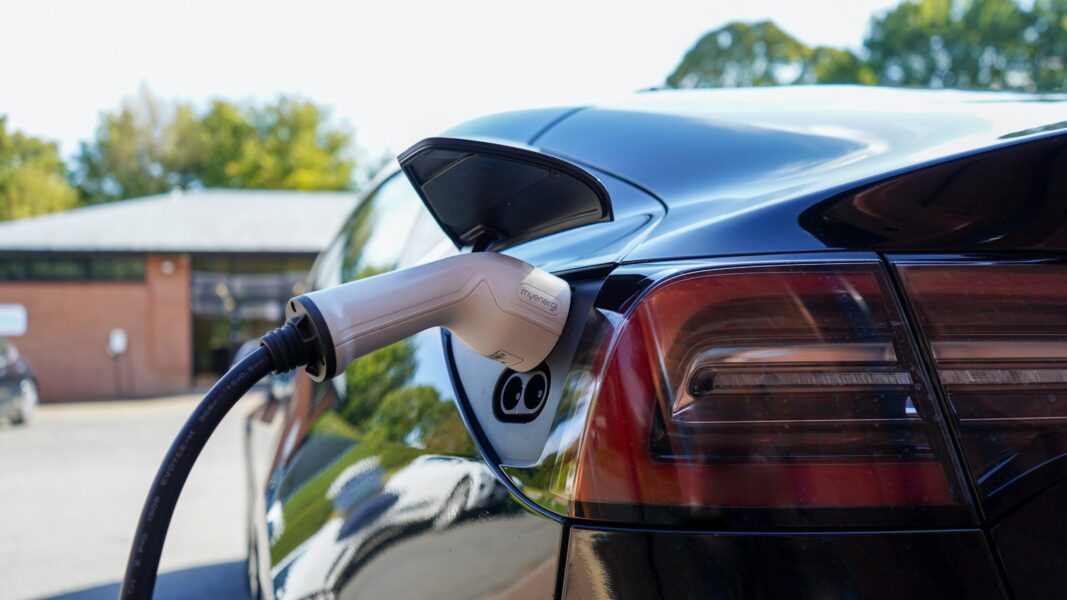Electric Vehicles are expensive and not green, but an even bigger insult is the taxpayer-backed incentives to get one. EV buyers are high-income earners, which makes them high-income emitters looking to buy a bit of virtue signaling.
Related: RI Transportation Initiative – Let’s Use Your Money to Help More Rich People Buy EVs
And I don’t care about that bit. Good on you and your good-paying job or high-income lifestyle. These are the people who take risks or invest and create jobs for everyone else. If they want to pretend we’re not offshoring emissions or charging EVs with fossil fuels, be you! And they will. The Inflation Reduction Act includes tax breaks to help them get more EV for the money.
The Internal Revenue Service (IRS) is inviting consumers to share comments on the electric vehicle tax credit qualifications. Tesla and electric vehicle supporters have been vocal about the Inflation Reduction Act’s qualified cars for the EV incentive. Some variants of the Tesla Model Y and the Ford Mustang Mach-E will not receive any incentives from the IRS at all, yet some vehicles that use fossil fuels will. Those vehicles are classified as electric vehicles because they are plug-in hybrid EVs.
The inclusion or exclusion of a model is likely political, and the work of lobbyists encouraging politicians to bend the ears of bureaucrats. So, I’ll agree, in principle, that if you’re handing out tax credits, you must decide which electric vehicle qualifies. EV incentives during the Obama years increased the sales of golf carts and mobility scooters, though the latter was mostly milking Medicaid rules to convince people to get them (for free).
If there is a trough, there will be pigs.
The Dems and Biden are like the Dems and Obama. Only they have been laying out troughs the size of which we’ve never seen. And no, as then, in the case of EVs, almost no one below the upper and upper middle class can ever afford one, even with a 7500.00 tax credit. And maybe that’s not such a bad thing. The Biden economy has made electric vehicles more expensive, putting them further out of reach of all but a few. A destination that, given the promise of an EV-only future, will remain unreachable to most voters.
I know, that’s the point, but rural America isn’t rolling up their sidewakes and hiking into the cities by 2035 or even 2050. Nor are the electrical demands or technology likely to make the transportation future promised by Dems more achievable.
People are more likely to vote for something else or someone else.
At least, I’d like to think that’s what would happen.
